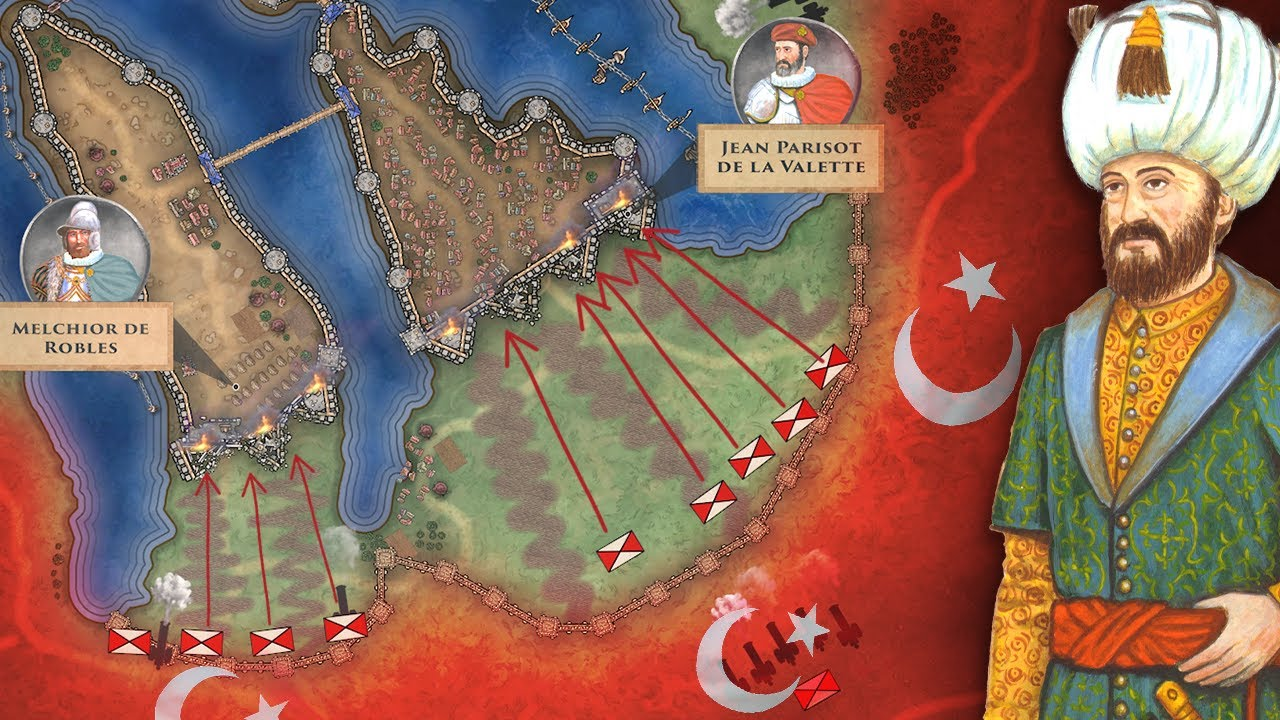The Tower of Flies was a formidable defense structure that anchored a massive chain across the harbor, creating an insurmountable barrier for any naval force daring to breach it during the Third Crusade. The tower instilled dread in the hearts of sailors and soldiers alike, and the harbor chain represented a naval commander's worst nightmare, trapping ships attempting to attack the city of Akur. The tower was likely built by the Phoenicians between the 6th and 4th centuries BC and was believed by the first Crusaders to be the site of sacrifices offered to the god Beelzebub, known as the Lord of the Flies. Another theory suggests that the tower served as a dumping ground for refuse. Though the origin of the tower's name remains shrouded in mystery and myth, it played a significant role in the defense of Akur.
The city of Jerusalem contains relics from wars of the past, including a select few ceramic jars that tell a darker tale, crafted with unusually thick ceramic and bearing traces of explosive chemicals. These jars appear to have been early incarnations of a weapon still in use today, hand grenades. Although the exact scale and effectiveness of these grenades remain uncertain, contemporary records describe the terrifying impact of jars of fire and sound thrown from city walls onto besieging armies. Beyond the walls of Jerusalem, another fearsome weapon of the era was Greek fire, capable of burning on water, wood, flesh, or any other material and playing a crucial role in Byzantine military strategy during several battles.







